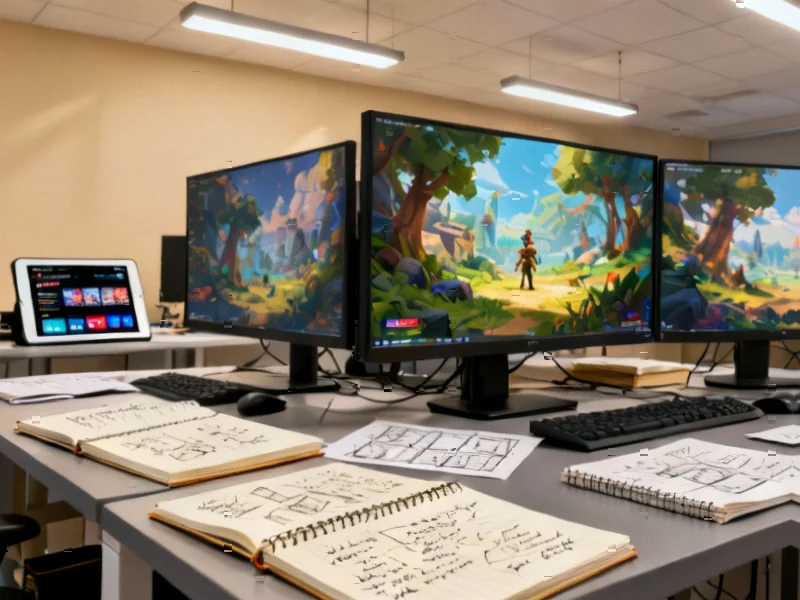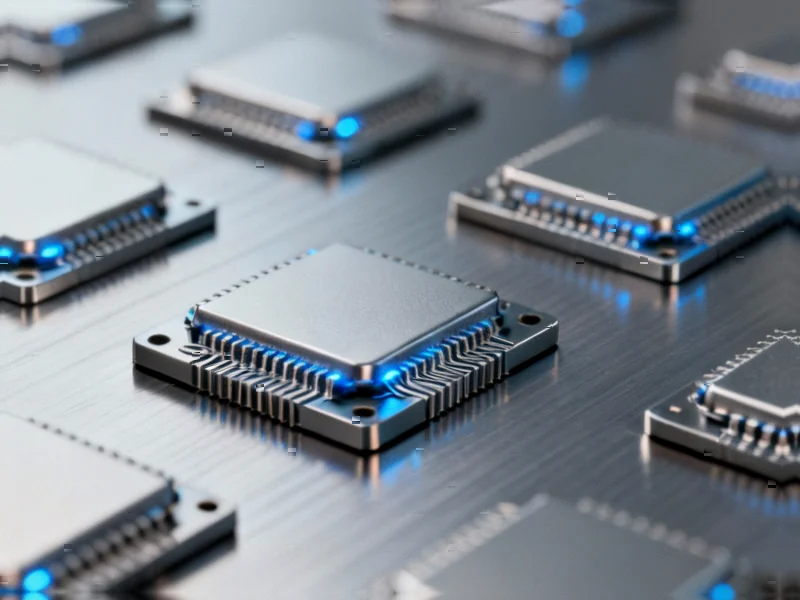The semiconductor intellectual property market is positioned for substantial growth, with analysts projecting it will reach $15.68 billion by 2032. This expansion is reportedly driven by increasing demand for reusable IP cores across consumer electronics, automotive, and industrial applications as chip designs grow more complex.
Market Projections and Growth Trajectory
The semiconductor intellectual property (IP) market is experiencing significant expansion and is projected to reach $15.68 billion by 2032, according to recent market analysis. The sector, valued at $7.04 billion in 2023, is expected to grow at a compound annual growth rate (CAGR) of 9.77% from 2024 to 2032, according to reports. Industry analysts suggest this growth trajectory underscores the increasing strategic importance of IP cores in the global semiconductor ecosystem as technological complexity intensifies.






